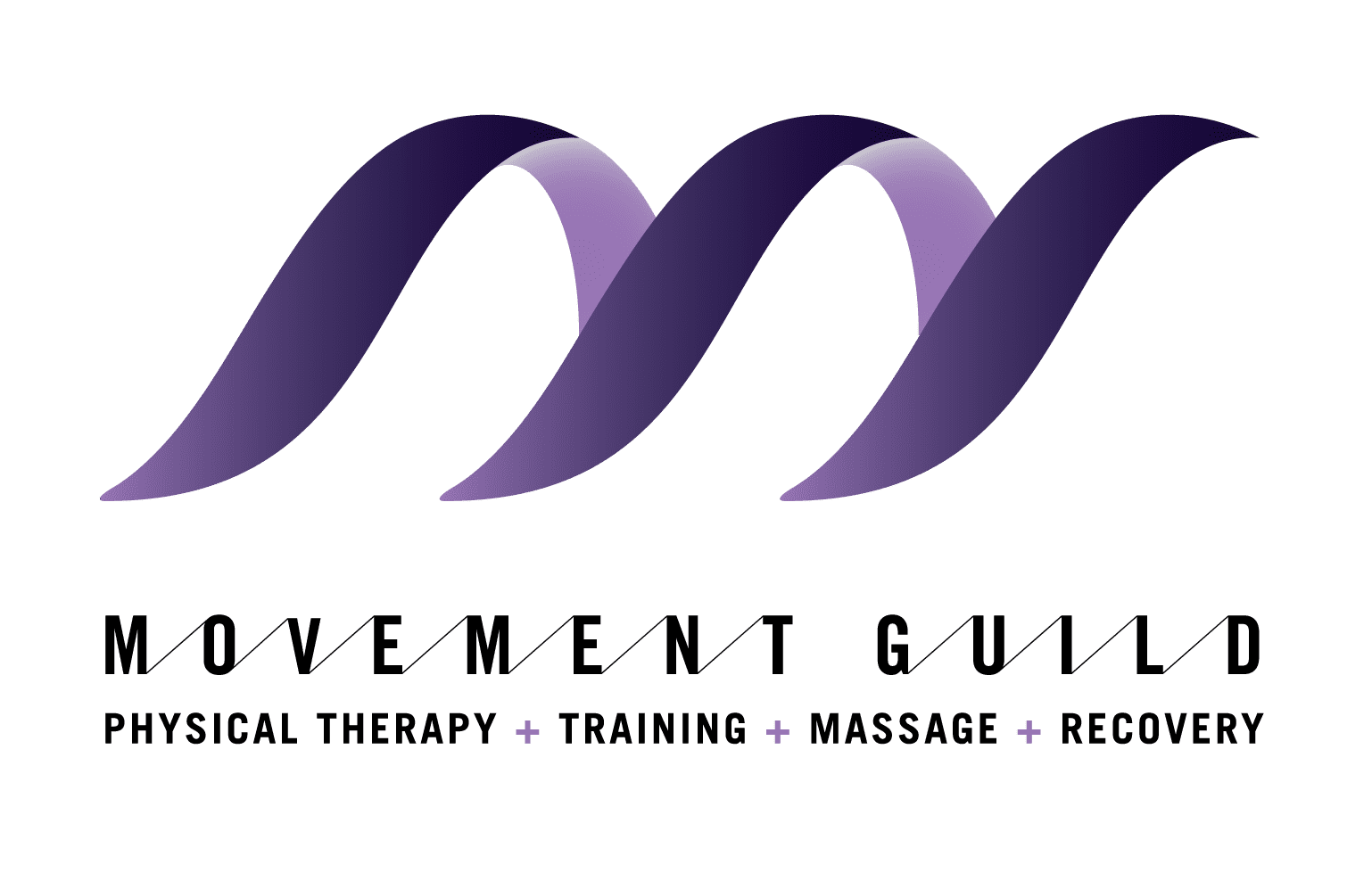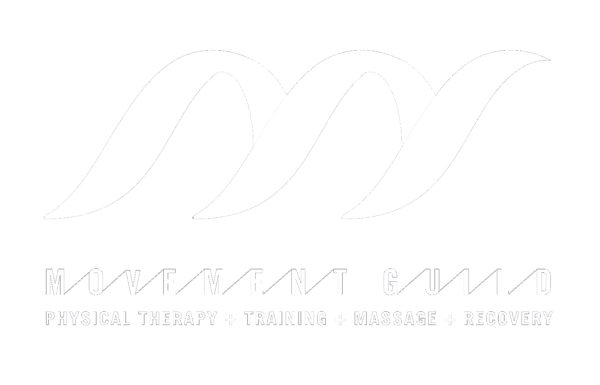If you’re living with multiple sclerosis (MS), you already know fatigue isn’t your average kind of tired. It’s not just needing a nap — it can hit hard, stop you in your tracks, and make even daily tasks feel like uphill battles. What’s frustrating is that it doesn’t always seem to match how much sleep you’ve gotten or how hard you’ve worked.
The good news? You’re not powerless. One of the most underrated tools for managing MS fatigue is physical therapy — when it’s done right. At The Movement Guild in Chicago, we build individualized movement strategies designed to help people with MS conserve energy, move better, and ultimately feel more in control.
Understanding MS Fatigue: Why It’s Different
Before diving into treatment, it’s key to understand what makes MS fatigue so unique. It’s more than just muscle tiredness — it’s neurological. MS causes damage to the central nervous system, which can slow down signals between the brain and body. That inefficiency? It drains energy. Fast.
There are two types of fatigue in MS:
-
Primary fatigue: Caused directly by demyelination and nerve damage.
-
Secondary fatigue: Triggered by factors like poor sleep, depression, medication side effects, or deconditioning.
That means a complete approach — one that includes physical therapy, lifestyle adjustments, and medical oversight — is crucial.
Why Physical Therapy Matters for MS Fatigue
You might be thinking, “Wait, I’m already exhausted… and you want me to exercise?” Totally valid reaction. But here’s the thing: physical therapy for MS fatigue isn’t about pushing through exhaustion. It’s about strategic movement that gives more energy back than it takes.
At The Movement Guild, we focus on helping your body work with your nervous system, not against it. That means:
-
Reducing energy leaks caused by poor movement patterns
-
Improving posture and alignment
-
Increasing endurance slowly and safely
-
Teaching pacing and body awareness
-
Building core stability to support daily tasks
In short: we help your body move smarter, not harder.
Common Challenges We See (And How PT Helps)
1. Deconditioning
A lot of people with MS reduce activity to avoid fatigue — which is totally understandable. But less movement leads to muscle weakness and even more fatigue. It’s a tough cycle. Physical therapy breaks that loop gently, reintroducing strength and mobility in a safe way.
2. Gait and Balance Issues
Changes in walking patterns can make moving less efficient and more draining. A trained PT can assess your gait and work on improving stride length, rhythm, and stability — which saves energy and reduces fall risk.
3. Spasticity and Weakness
Tight or weak muscles = inefficient movement. Physical therapy focuses on stretching what’s tight and strengthening what’s weak, improving overall body mechanics so you’re not burning excess energy.
4. Coordination and Motor Control
We incorporate neuro-motor retraining and functional movements tailored to your nervous system’s needs. Even small improvements in coordination can reduce fatigue throughout the day.
What Physical Therapy at The Movement Guild Looks Like
We don’t do cookie-cutter rehab. Every person with MS presents differently, and your fatigue is as individual as your fingerprint. Here’s what a PT experience typically looks like:
Initial Assessment
We take time to understand:
-
What triggers your fatigue
-
How it affects your daily life
-
Which movements or postures drain your energy
-
What other symptoms (like spasticity, weakness, or dizziness) are involved
We also check cardiovascular health, posture, strength, flexibility, gait, and neurological function.
Customized Treatment Plan
Based on your assessment, we build a plan that may include:
-
Energy conservation techniques
-
Neuromuscular re-education
-
Strength and mobility work
-
Breathing and posture alignment
-
Gentle aerobic conditioning (yes, even just a few minutes can make a difference)
We’ll always move at your pace — the goal is consistency without overload.
Fatigue Management Strategies We Teach
Treating fatigue isn’t just about exercise. It’s about knowing when to move, how much to move, and when to pause. We’ll coach you on:
Pacing and Planning
-
How to break tasks into smaller, manageable pieces
-
How to plan your day based on your energy highs and lows
-
When to rest preventively (not reactively)
Posture and Ergonomics
-
Reducing strain during sitting, standing, or walking
-
How to use assistive tools when appropriate without becoming dependent
Breathing and Nervous System Regulation
We teach breathwork and movement patterns that calm the nervous system, reduce anxiety, and minimize sympathetic overload — which can all feed into fatigue.
When to See a Physical Therapist
If you’ve had MS for a while, you might think, “Well, this is just how my body is now.” But if any of these ring true, it’s worth reaching out:
-
You’re exhausted after minor tasks like brushing your teeth or walking to the mailbox
-
You’ve stopped doing things you enjoy because you “just don’t have the energy”
-
Your balance feels off or you’re walking differently than before
-
You’ve noticed a sharp decline in endurance or strength
-
You’re feeling overwhelmed by how to start moving again safely
Fatigue may be common with MS — but it doesn’t mean it can’t be managed.
How Physical Therapy Helps You Take Back Control
Fatigue can feel like it’s in the driver’s seat. But physical therapy gives you tools to take the wheel back, one movement at a time. With expert support and a personalized plan, you can:
-
Move more confidently
-
Reduce flare-ups
-
Conserve energy for the things that matter
-
Feel empowered, not drained
We’ve worked with countless clients at The Movement Guild in Chicago who thought they were “just stuck” — and helped them find freedom again.
Get Help at The Movement Guild – Chicago’s Experts in Neurological Physical Therapy
If you’re dealing with MS-related fatigue, you don’t have to tough it out alone. The Movement Guild in Chicago specializes in neurological physical therapy, helping people just like you find smarter, more sustainable ways to move through life.
We’re not just here to guide you through exercises — we’re here to help you rebuild trust in your body. That starts with a conversation.
Take the First Step — Book a Consultation Today
If fatigue is impacting your quality of life, let’s change that — together. Our team at The Movement Guild in Chicago is ready to help you move more, fatigue less, and feel like yourself again.
Schedule your personalized consultation with The Movement Guild today

